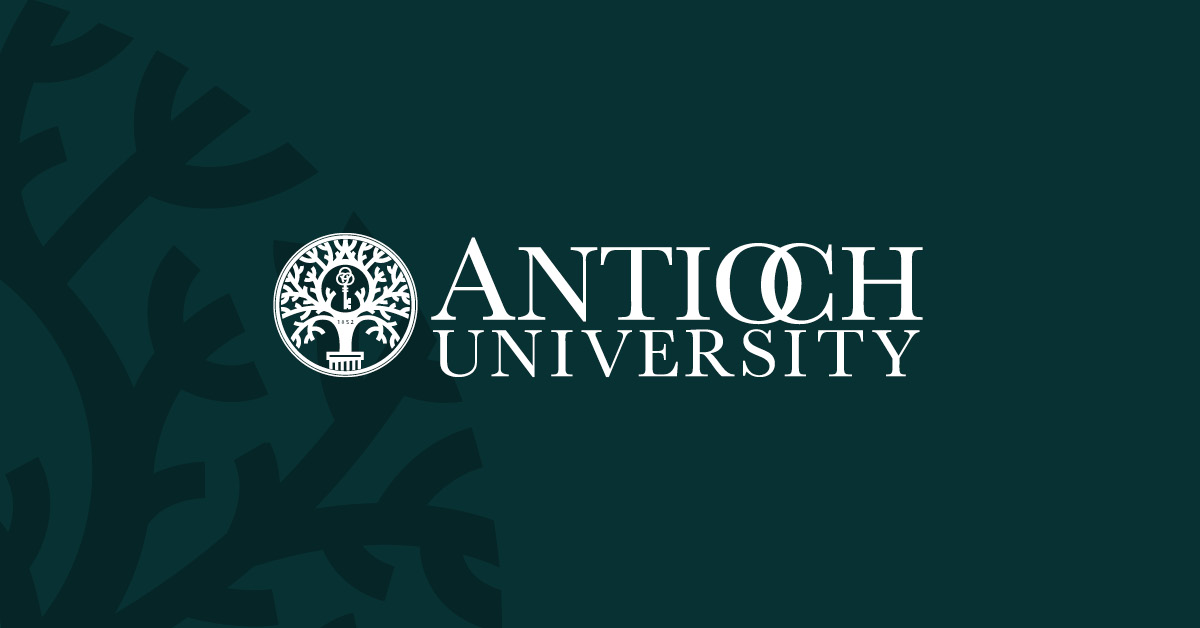 Guskin, president of Antioch University and Antioch College simultaneously and university chancellor from the mid-1980s to mid-1990s, worked for more than four decades as a teacher, leader, consultant, administrator and advocate for social justice as well as being a driving force in the creation of the university’s PhD in Leadership and Change Program.
Guskin, president of Antioch University and Antioch College simultaneously and university chancellor from the mid-1980s to mid-1990s, worked for more than four decades as a teacher, leader, consultant, administrator and advocate for social justice as well as being a driving force in the creation of the university’s PhD in Leadership and Change Program.
He retired in 2015 after a 30-year career with the university.
The building blocks of that career are at the University of Wisconsin-Parkside, where Guskin was honored this spring at its 50th anniversary. He was chancellor there for 10 years before arriving at Antioch University. He was recognized for his work with the special naming of the Alan E. Guskin Center for Community and Business Engagement at UW-Parkside.
Whether on a local, regional, national or global scale, Guskin, now 82, has always understood the importance of inspiring change from within.
A native of Brooklyn, N.Y., Guskin grew up spending his life in the same city block. He followed in the footsteps of his older brother, a social psychologist. He studied psychology at Brooklyn College, graduating in 1958, and a professor recommended he pursue his PhD in social psychology at the University of Michigan.
During his third year there, John F. Kennedy visited during his presidential campaign.
“He went there to find a place to sleep and instead he was met by 10,000 students,” said Guskin, who lives in Walnut Creek, Calif.
Kennedy made a speech that included a challenge to students to serve overseas and help people in developing nations.
Guskin, who later served on the university’s faculty, was an initiator and a leader of that student group on the Ann Arbor campus that is widely credited with persuading Kennedy to establish the Peace Corps in 1960.
Three weeks later, Kennedy mentioned the student group in San Francisco during a foreign policy speech when he announced the launch of the Peace Corps.
During the University of Michigan’s 50th anniversary year, Guskin was invited to speak in the same spot Kennedy stood.
Guskin interrupted his graduate education in 1961 to serve as a Peace Corps volunteer in the first group to go to Thailand as an education faculty member at Chulalongkorn University. From 1964 to 1965, he served as a senior administrator in the creation of the domestic Peace Corps, VISTA. The following year, he directed the Florida Farm Worker Program, a poverty initiative serving 14 counties in southern Florida and he finished his PhD in 1968.
“I knew my life was as an academic,” he said.
He went on to serve on the faculty and as provost and acting president of Clark University from between 1971 and 1974.
It was his work as the second chancellor at UW-Parkside, he said, that fueled the work he did at Antioch.
UW-Parkside opened in 1968 and in 1972-3, the state legislature voted to merge the University of Wisconsin (Madison, Milwaukee, Parkside and Green Bay) and the Wisconsin State Universities ( 9 Regional State Colleges/Universities) into one System called the University of Wisconsin System. The result was that the mission of UW-Parkside and UW-Green Bay was changed from 20,000 student doctoral campuses to one of 11 regional institutions.
When Guskin arrived in 1975, there was a pressing need to re-energize UW-Parkside to adopt a new mission that reflected this significant shift. The result was to become a community-based university committed to serving the needs of the Kenosha-Racine urban and rural area (about 250,000 people).
“The university served a lot of adult learners over 25 who commuted,” he said. “It was a way for working-class people with children to get a college education without leaving home. Some wouldn’t have gotten an education otherwise.”
His work included developing cultural events, a live music series and a program to encourage African-American high school students to attend college. He also developed a private foundation to raise money to build the college’s first residence halls.
“It was a dynamic and exciting time,” he said.
Much of what the university does today in partnership with the Kenosha and nearby Racine communities and beyond is attributed to Guskin’s vision and leadership as chancellor. UW-Parkside was the first University in Wisconsin to receive the Carnegie Foundation honor as a Community Engaged University in 2006 and again in 2015.
At Antioch, his work included creating an innovation task force in 1995.
“We asked the question, ‘What will be next big idea at Antioch?’” he said.
The development of the PhD program in Leadership and Change for practicing professionals came out of that task force.
“By 1998, it was clear this hybrid program that integrated technology and intensive residencies was going to be very exciting,” he said. “We didn’t have to invest in physical facilities – the whole model was to maximize resources, minimize the cost of infrastructure and pay direct costs. From the beginning, we could devote money to funding a digital graduate library and high-quality faculty (who could live anywhere) while keeping tuition at a reasonable rate.”
Looking back on his work at Antioch, he considers what he helped cultivate that has become the university’s culture.
“If I had to choose one thing I think is unique and incredibly important in the PhD Program it was the sense of community that developed between faculty and student and among students,” he said. “It’s a powerful notion that we’ve always believed it’s our responsibility as faculty to help students graduate and ensure students are never left on their own. They always feel the faculty cares about them. I don’t know any place that’s developed the community we have.”



